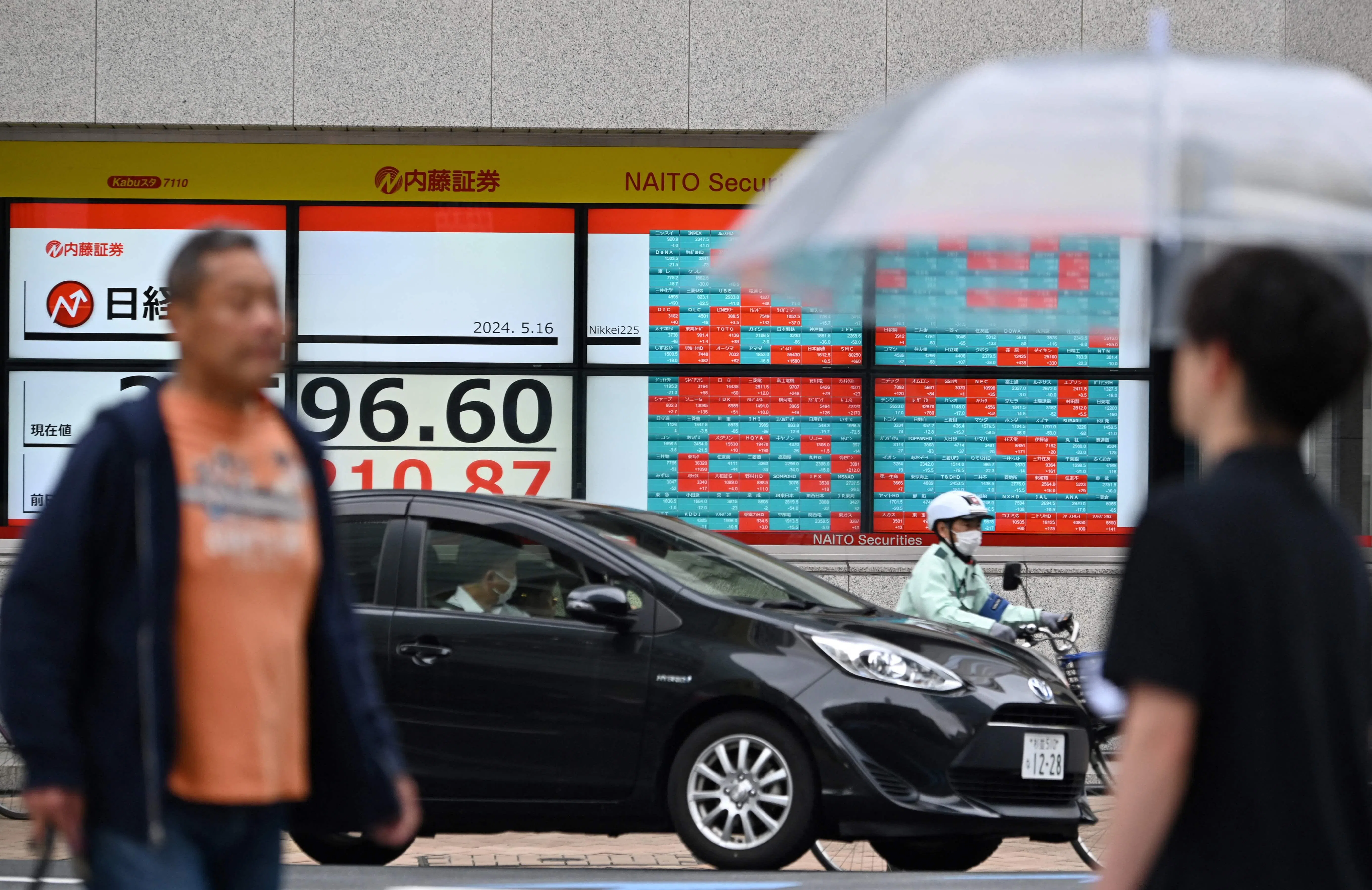Apple needs to do more than just cut iPhone prices to effectively compete against Huawei and win back Chinese consumers’ loyalty and spending. It must come up with a better product for the Chinese market.
Apple’s iPhone has two problems in China’s market.
One problem is intense competition from local tech companies like Huawei Technologies. The Chinese technology giant has launched several new models, competing head-to-head with the iPhone.
“With local companies like Huawei capturing much value with their new phone, the Huawei Mate 60, there is much lower consumer spending,” said Adjunct Professor of Marketing and Global Consulting at Southern Methodist University (SMU) COX School of Business. “Consumers will buy more affordable phones and are less willing to pay a price premium for Apple products. This is a big warning for other US and European companies as this is also expected to affect other companies.”
The other problem is the property bubble burst, which has made Chinese consumers more price-sensitive to luxury items like the iPhone.
“Consumer spending in China has cooled significantly over the last 18 months,” said Michael Zakkour, founder of New Digital, a global digital commerce shop. “The Chinese middle class has seen their greatest asset class, real estate, nose-dive in value during this same 18-month period.”
Matt Shoemaker, former Intelligence Officer at the Defense Intelligence Agency, adds a third problem, the banning of all iPhone devices from government buildings for security reasons. “Since then, iPhone sales in China have been severely impacted, with most Chinese people opting to buy Chinese phones,” he elaborated. “The Chinese government’s decision to ban iPhones is likely a tit-for-tat result since the Americans have banned Chinese devices and plan to ban TikTok from the American market unless it divests from the Chinese-owned Bytedance.”
As a result of these problems, Apple’s iPhone sales have plunged recently. In the first quarter of 2024, iPhone sales fell by 19.1%, while Huawei’s sales soared by 70%.
“While the Chinese economy is not experiencing the rapid growth of years past, the demand for smartphones and computer products hasn’t completely dried up,” Jonathan Ernest, an economics professor at Case Western Reserve University, said. “Instead, while sales of Apple products in China have slumped, its Chinese competitors like Huawei have seen large gains. This may be due to a combination of Apple’s limited product offerings and geopolitical pressures to purchase or use domestic products over those imported from the West.”
To address the decline in iPhone sales, Apple has done something unusual for the smartphone pioneer. It slashed the price twice, once in February by 1,150 yuan and another last week by 2300 yuan.
While these price cuts help Apple slow down the decline in iPhone sales and even help the iconic product regain some of its old glory in China’s huge market, they won’t provide a lasting solution.
Instead, Apple must develop a better smartphone that beats domestic competition.
“Chinese consumers have shown a preference for the iPhone’s domestic competitors, as recent iPhone versions have had reasonably minimal updates over their predecessors,” Ernest said.
Zakkour agrees. “As in the West, consumers have not seen real innovation and new features, aside from camera technology in the last few iPhone releases,” he said.
“If Apple can continue to innovate and lead the way with new tech and significant updates in future models, we may see the pendulum swing back in the other direction in the long run,” added Ernest.
Dr. Tenpao Lee, professor emeritus of economics at Niagara University, believes that Apple must develop a Chinese version of its products and focus on its niche market to retain customers. “For example, the iPhone must be user-friendly to accommodate Chinese culture and be compatible with other Chinese smartphones, not just translate its features into the Chinese language,” he elaborated. “Apple must expand its customer base in China beyond educated consumers and professionals.”
Still, Shoemaker is skeptical about the effectiveness of Apple’s campaign to regain its leadership in the Chinese market under the current government iPhone ban in the government sector.
“Apple seems to be making a concerted effort to bolster sales in China given that the Chinese market is one of the most lucrative for the company,” he stated. “It’s unlikely to have a positive long-term effect given that the iPhone remains banned from government facilities, but it may provide a short bump in Apple sales.”
(Disclosure: The author owns shares of Apple.)






